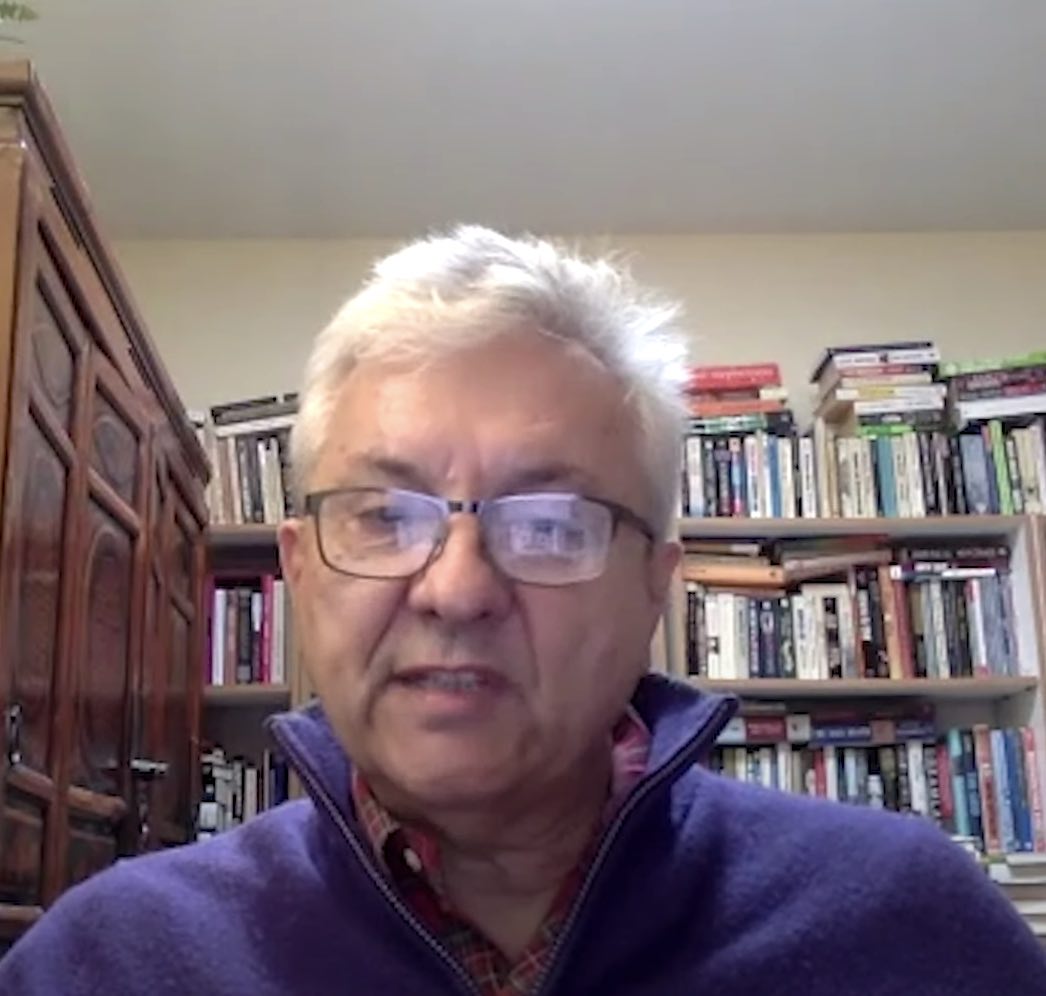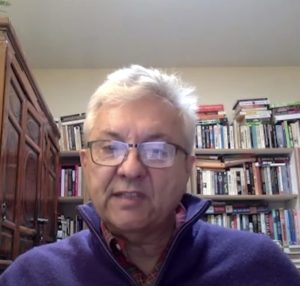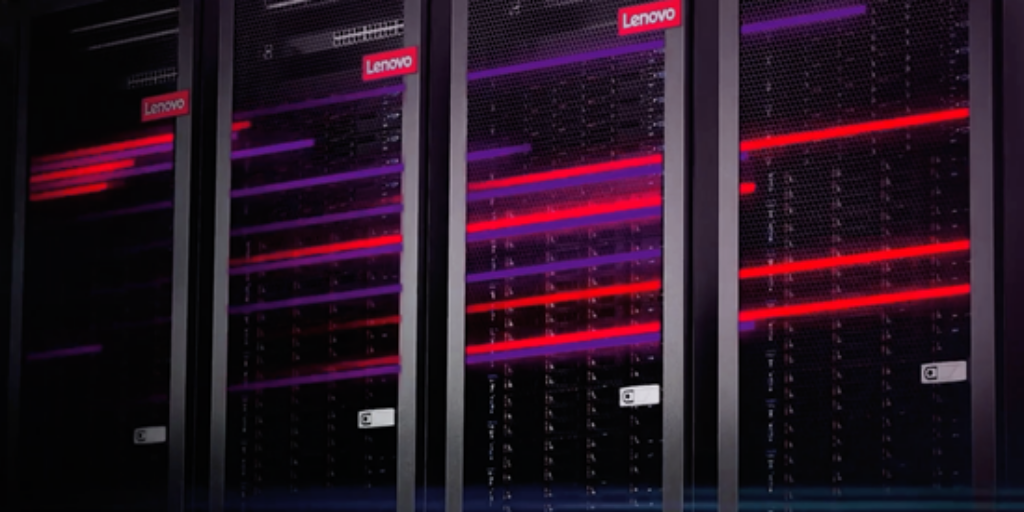In this video from Forbes, Horst Simon from LBNL describes how supercomputers are being used for coronavirus research.
Computing is stepping up to the fight in other ways too. Some researchers are crowdsourcing computing power to try to better understand the dynamics of the protein and a dataset of 29,000 research papers has been made available to researchers leveraging artificial intelligence and other approaches to help tackle the virus. IBM has launched a global coding challenge that includes a focus on COVID-19 and Amazon has said it will invest $20 million to help speed up coronavirus testing.
At insideHPC, we have posted a number of stories in the past few weeks about using HPC to fight COVID-19. One example is blog post about the new COVID-19 HPC Consortium, where Dario Gil from IBM Research referred to work that teams from Oak Ridge and the University of Tennessee had already undertaken using Summit. They used it to screen 8,000 compounds and identified 77 promising ones that might be able to bind to the “spike” protein of the coronavirus, impeding its ability to infect host cells. On April 6 the consortium said it had already matched 15 research proposals with compute power available on the consortium’s machines.
Horst Simon is an internationally recognized expert in computer science and applied mathematics and Berkeley Lab’s Deputy Director for Research. Simon joined Berkeley Lab in early 1996 as director of the newly formed National Energy Research Scientific Computing Center (NERSC), and was one of the key architects in establishing NERSC at its new location in Berkeley. Under his leadership NERSC enabled important discoveries for research in fields ranging from global climate modeling to astrophysics. Simon was also the founding director of Berkeley Lab’s Computational Research Division, which conducts applied research and development in computer science, computational science, and applied mathematics.





